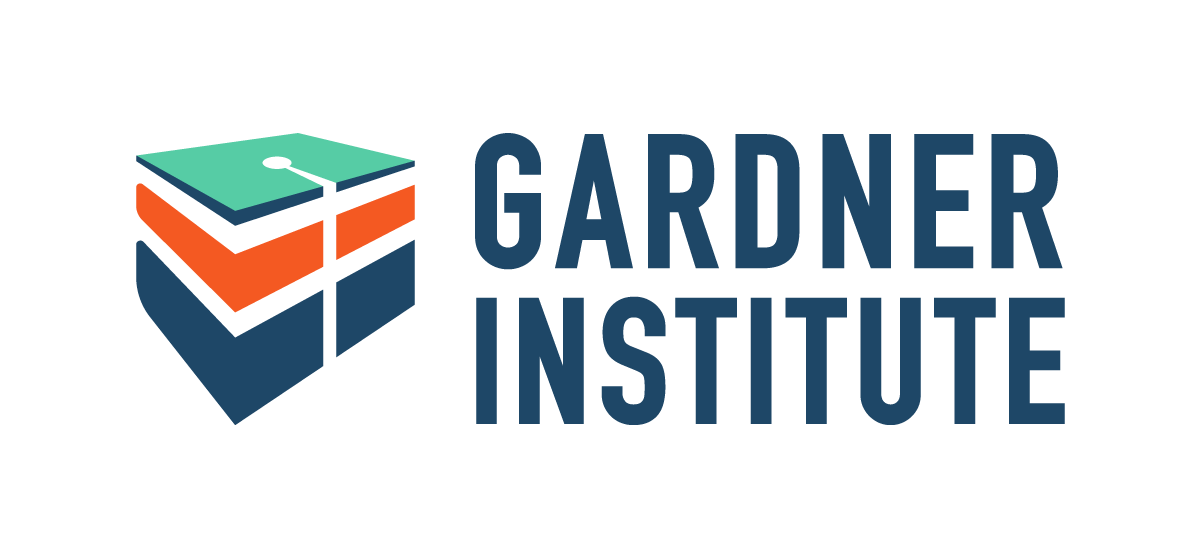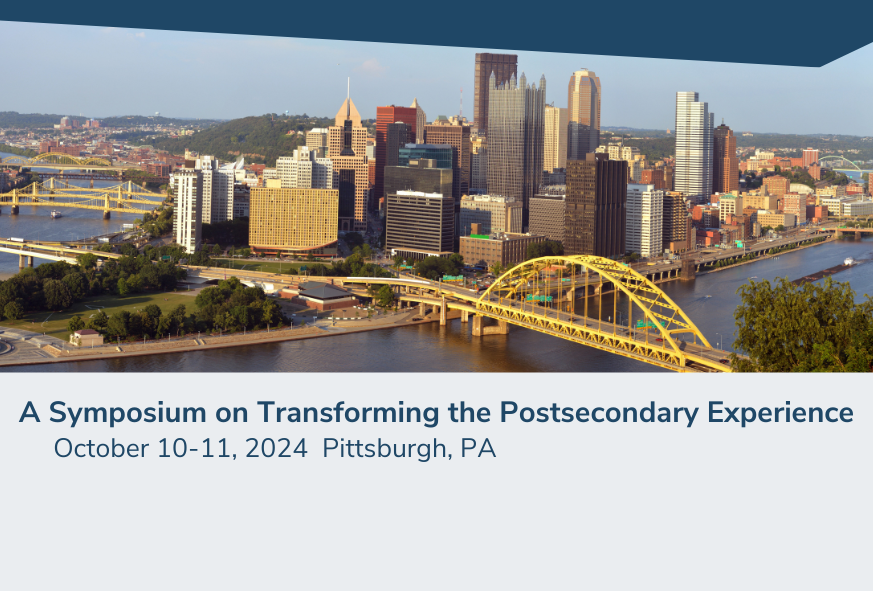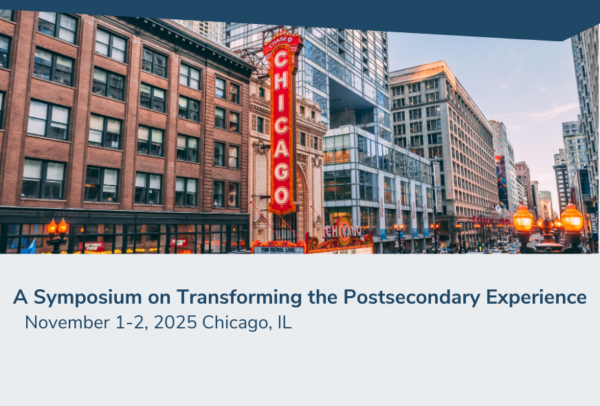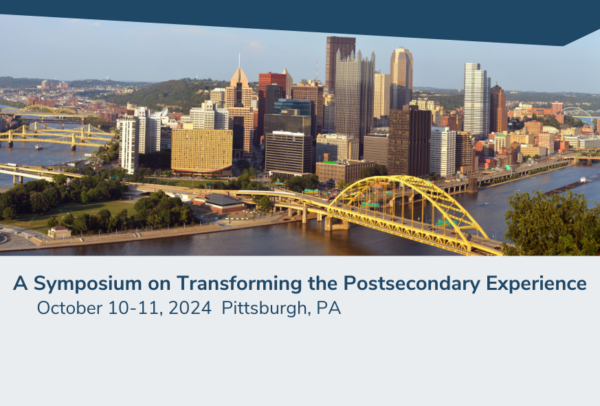This half-day workshop for current and newly appointed deans and department chairs will focus on the latest research; best practices, and practical strategies for identifying and implementing lasting student success initiatives.
Workshop Facilitators:




